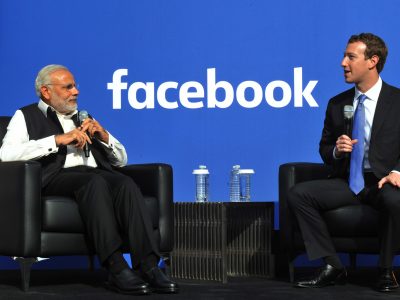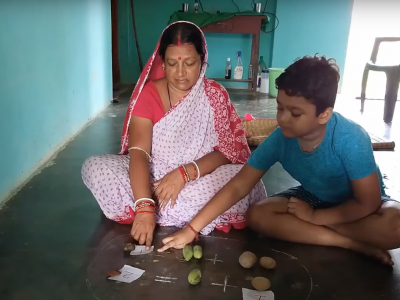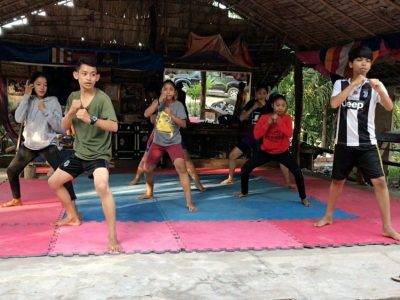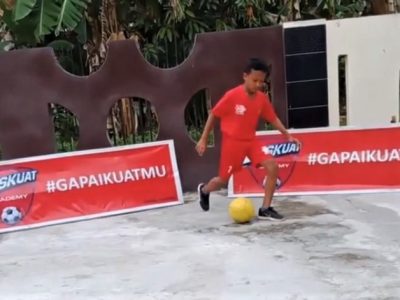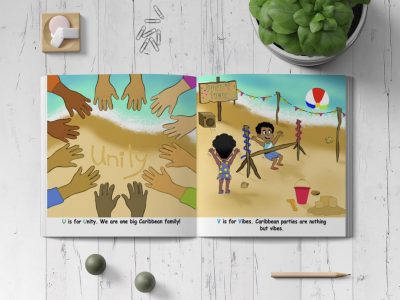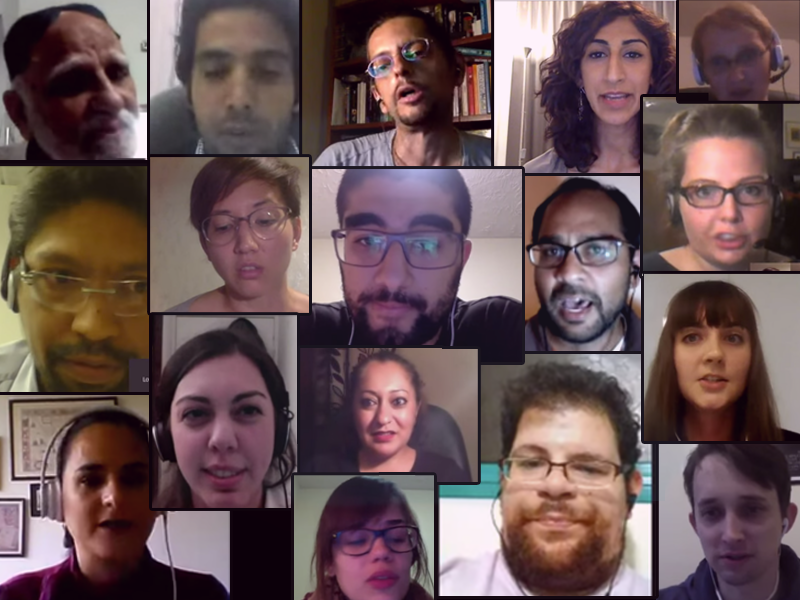
Collage creat per l'autor de les captures de pantalla en les sessions de GV Faces del 2015.
Tan prompte com els houthis es van fer amb el control de Sanà, us vam traslladar al Iemen; quan la brossa s'acumulava als carrers de Beirut, us vam portar al Líban.
Aquest any us hem presentat a l'Omar Ghraieb (creador del primer blog en anglés a Gaza), hem compartit opinions en relació a la paraula “terrorisme” i us hem mostrat com Europa acollia els refugiats.
El 2015 ha sigut un any extraordinari al GV Face, la nostra secció de videoconferències en què tractem de comprendre el món a través de debats distesos amb els nostres experts sobre el terreny (membres de la comunitat de Global Voices), sovint des de la comoditat de les seues cases.
Els temes que tractem poden ser densos, però hi ha hagut girs humorístics en les nostres converses al llarg de l'any, de vegades pel miol d'un gat o també quan els xiquets volien que els seus pares els deixaren l'ordinador.
A continuació podeu vore set de les sessions d'aquest any.
1. Què significa per a tu la paraula “terrorisme”?
Intervenen: Taisa Sganzerla | L. Finch | Kevin Rothrock | Juan Arellano | Joey Ayoub | Elizabeth
En directe des de: Londres | Madrid | New Haven | Lima | San Francisco | Santiago
“I am very uncomfortable with the word terrorism. And it is not that I don’t believe that it exists. It obviously does and the definition of terrorism is more or less straightforward. But it is used so often in such obviously dishonest ways, that it has lost all meaning for me. And it is not that the Paris attacks were not terrorism, they obviously were, they meet every definition of it. There are so many acts that are terrorism, but they will never be called terrorism, because of the political implications of doing so. It is a word that has lost it meaning, if it ever had one specifically.” — Joey Ayoub
“La paraula terrorisme és molt incòmoda per a mi. I no és que crega que no existeix. Òbviament existeix, i la definició de terrorisme és més o menys senzilla. Però sovint és usada de forma tan deshonesta que, per a mi, ha perdut tot el seu significat. I no és que els atacs de París no foren terrorisme, òbviament ho van ser, ja que coincideixen amb totes les seues definicions. Hi ha molts actes que són terrorisme, però que mai seran anomenats així per les implicacions polítiques de fer-ho. És una paraula que ha perdut el seu significat, si mai n'ha tingut algun de clar”. —Joey Ayoub
2. Sobre Beirut i París, per què unes tragèdies capten l'atenció del món i unes altres no?
Intervenen: Lova Rakotomalala | Joey Ayoub | Laura Vidal
En directe des de: Londres | París | San Francisco
“Since I arrived in Paris I’ve followed the endless discussions on origins, skin colours, backgrounds and religious faiths. Part of my research work is based on—of all subjects—intercultural sensitivity. These conversations are emotional, and therefore uncomfortable. But they’re necessary. And I say this because it seems that dividing the world between “us” and “them” isn’t useful. And it never has been. In fact, the artificial creation of difference is what fuels all of this. And this is how we learn to see “ourselves” and “others”, and this is the lens through which we have studied history and watch the news. “Us” and “them”. “Here” and “far away”. I don’t think we can afford to keep this view of the world anymore.” — Laura Vidal
Des que vaig arribar a París he seguit les interminables discussions sobre l'origen, els colors de la pell, els antecedents i la fe religiosa. Una part del meu treball d'investigació es basa, entre totes les matèries, en la sensibilitat intercultural. Aquestes converses són emocionals i, per tant, incòmodes. Però, són necessàries. I ho dic perquè sembla que dividir el món entre “nosaltres” i “ells” és inútil. I sempre ho ha sigut. De fet, la creació artificial de diferències és el que alimenta tot això. I així és com aprenem a vore “nosaltres” i “els altres”, i aquesta es la mirada a través de la qual hem estudiat història i vist les notícies. “Nosaltres” i “ells”. “Ara” i “en un temps llunyà”. No crec que ens puguem permetre continuar amb aquesta visió del món”. —Laura Vidal
3. Des de Gaza: viure i bloguejar sota l'ocupació
Intervé: Omar Ghraieb
En directe des de: Gaza | San Francisco
“Bombs are falling. The house is shaking. And what do I do? I am in the corner holding my mobile, reporting of course, in the dark, reminding myself that I'm going to write about what I like in Gaza. Who are the people here that inspire me? Just to hold on to hope. And sometimes it got to the point where my mobile resembled hope and life.That if it was a very loud airstrike, the house shakes and you move. I would be flying through the corridor. Holding on to my mobile so hard, more than life, because for me at that moment my mobile resembled life and hope. Because I was writing my own hope. I was holding on to life by reminding myself that I am going to survive this. Gaza is going to survive this. We have been through this. Gaza is beautiful.” — Omar Ghraieb
“Cauen bombes. La casa tremola. I què és el que faig jo? Estic en un cantó agarrat al meu mòbil, informant, per suposat, en l'obscuritat, recordant-me que escriuré sobre allò que m'agrada de Gaza. Què és el que m'emmena a continuar ací? Només aferrar-me a l'esperança. I, de vegades, arribava un punt en què el mòbil representava l'esperança i la vida. Si era un combat molt sorollós, la casa tremolava i et movies. Anava corrents pel passadís, agarrant-me al mòbil ben fort, més que a la vida, perquè, per a mi, en eixe instant, el meu mòbil era vida i esperança. Perquè estava escrivint la meua pròpia esperança. M'agarrava a la vida mentre em recordava que sobreviuria, que Gaza sobreviuria. Ja hem passat per això. Gaza és preciosa”. —Omar Ghraieb
4. Tot el que has de saber sobre les manifestacions massives del moviment “Feu pudor” al Líban
Intervenen: Faten Bushehri | Joey Ayoub
En directe des de: Amsterdam | Beirut
“I’ve been fortunate enough to experience a Lebanon that isn’t tainted by such helplessness. I’ve experienced political happiness, a term broadly defined by the anthropologist David Graeber as the experience of being able to make sense of a situation through a realization of common purpose—a sense that you trust the people around you because you’re all dedicated to solving the same problem.More recently, I experienced it my interactions with طلعت ريحتكم (‘tol3et re7etkom’, meaning ‘You Stink’), a grassroots movement created as a response to the government’s inability to solve the trash crisis.” — Joey Ayoub
“He sigut afortunat per viure en un Líban que no ha estat marcat per tal falta d'ajuda. He experimentat felicitat política, un terme definit exhaustivament per l'antropòleg David Graeber com la experiència de poder trobar el sentit d'una situació mitjançant la comprensió de la voluntat comuna, un sentiment de confiança en la gent que t'envolta perquè tots ho heu deixat tot per a resoldre el mateix problema. Més recentment, ho vaig experimentar en les meues interaccions amb طلعت ريحتكم (‘tol3et re7etkom’, que significa ‘Feu pudor’), un moviment de base sorgit com a resposta a la incapacitat del govern per a resoldre la crisi de la brossa”. —Joey Ayoub
5. A Europa, els voluntaris obrin els cors i les cases als refugiats
Intervenen: Marietta Le | Katrin Zinoun | Asteris Masouras | Anne Hemeda
En directe des de: Budapest | Esin | Leipzig | Thessaloniki | San Francisco
“This whole thing is being painted a lot in mainstream media as an invasion. Of course the conditions are deplorable. Especially in outdoor camps where there is no shade. All these things are true. But also there is this amazing and inspiring humanity flowing out of volunteers and activists. There are people involved for humanitarian reasons primarily and others for political reasons, but all together they are coming together to support hundreds of thousands of people arriving in Europe. Where, states, NGOs and international intergovernmental organizations have failed. The EU has attracted a lot of criticism, and justly I think. Because they are not there, locals are stepping up.” — Asteris Masouras
“Tot açò sovint s'està presentant als mitjans convencionals com una invasió. És clar que les condicions són deplorables. Sobre tot als refugis exteriors, on no hi ha ombra. Tot això és veritat. Però també existeix eixa humanitat sorprenent i motivadora que ens desborda de voluntaris i activistes. Hi ha persones involucrades per motius humanitaris principalment, i també d'altres per motius polítics, però tots junts estan treballant per ajudar a cents de milers de persones que arriben a Europa. La Unió Europea ha rebut moltes crítiques, i jo crec que de forma justa. Perquè ells no estan allà, és el poble el que ho està afrontant”. —Asteris Masouras
6. Trencant el silenci pakistaní sobre Balutxistan
Intervenen: Mir Mohammad Ali Talpur | Fahad Desmukh | Adnan Aamir | Ali Arqam
En directe des de: Hyderabad | Islamabad | Karachi | Quetta | San Francisco
Nearly 3,000 missing people have been killed and dumped. Twenty-five people who I knew personally have been killed and dumped [in Balochistan]. One was dumped last August, he was a Marri man. And we stayed with his family [when we were on the Long March for Balochistan's Missing People] I walked with Mama Qadeer from Karachi. And when we were in [sic], we stayed with them. One of them was killed. There are dozens whom I know that are missing. I think this is a narrative people should know about. Without knowing this there can be no hope of anybody knowing what is happening there. While we were on the Long March — I was with Mama Qadeer from Jhelum to Islamabad — whoever would dare to put us up for the night, they were harassed by [state security] agencies, ISI, Intelligence Bureau, Military Intelligence. — Mir Talpur
Quasi 3.000 persones han sigut assassinades i abocades en algun lloc. Vint-i-cinc persones que coneixia personalment han sigut assassinades i abandonades (al Balutxistan). Una d'elles, que va ser abandonada el darrer mes d'agost, era un home casat, i vam estar amb la seua família (quan érem a la gran marxa pels desapareguts del Balutxistan). Vaig passejar amb Mama Qadeer de Karachi i, quan vam arribar, ens vam quedar amb ells. Un dels seus havia sigut assassinat. Hi ha desenes de persones que conec que han desaparegut. Crec que és una història que la gent ha de conèixer. Si això no ix a la llum, no hi ha esperança que algú sàpia el que està passant ací. Mentre assistíem a la gran marxa (jo vaig estar amb Mama Qadeer des de Jhelum fins a Islamabad), qualsevol persona que s'atrevira a acollir-nos a la nit era assetjada pels cossos de seguretat de l'estat, l'ISI, l'Agència d'Intel·ligència Militar. —Mir Talpur
7. Protestes prohibides al Iemen dels houthis
Intervenen: Baraa Shiban | Osama Abdullah | NoonArabia | Amira Al Hussaini
En directe des de: Sanaa | Manama | San Francisco
“Security is getting worse and worse. Imagine people during the last three years were trying to act civil and trying to avoid carrying weapons. It seems especially in the last five months the Houthis have managed to revive that behaviour where people, most people are carrying guns.”– Osama Abdullah
“La seguretat cada cop és pitjor. Penseu que la gent, en els últims tres anys, intentava comportar-se de forma civilitzada i evitava portar armes. Sembla que, sobretot en els últims cinc mesos, els houthis han fet reviure eixa actitud en què la gent, la majoria de la gent, va armat”. —Osama Abdullah


